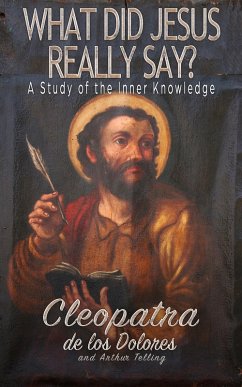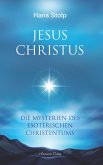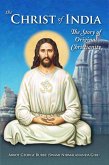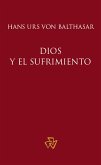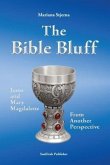Historians are divided as to what Jesus said and did, and today many doubt the accuracy of the New Testament canon that Christians take as scripture. A wide divergence grows with coming of the modern age. Historians and scholars grotesquely disagree, a few believing Jesus never existed and to the other extreme of every word of the Bible being God's inerrant word.
"What Did Jesus Really Say?", authoritatively answers these formerly unanswerable questions. Jesus taught of an inner world, and this very inner world can be tapped today for answering what the written record cannot reveal. Trusted inner sources are the key and were tapped for this book.
The "Introduction", reveals the errors that changed the Jesus narrative and message. For example, the canon reads that Jesus and John the Baptist who came before him were executed by the authorities, Jesus by crucifixion and John by beheading, Yet they were not, the stories are myth. And John, very much alive when historians believe he was dead, was a central author of the New Testament canon, writing the five books and epistles bearing his name. Historians believe Paul wrote anywhere from six to thirteen of the fourteen books believed penned by him. Revealed here, Paul wrote or dictated all fourteen of the fourteen books.
The first chapter "Documentation and Myth", further develops on the introductory evidence and tells who wrote the bible. All books of the New Testament Bible except the one very minor book of James were created by traveling companions of Paul, none of them having known Jesus. The mystery of the three "synoptic" gospels is resolved as to why they are so much alike, and the circumstances of the Gospel and Revelation of John are clarified.
The second chapter "What Jesus Said and Taught" demonstrates using canonical verses the misinterpretations by the Church and clarifies with undistorted facts the real Jesus Message.
Chapter three "Comparing the Canonical and Non-Canonical Gospels" show that canonical biblical phrases interpret differently when the inner knowledge is recognized.
Chapter four considers "The Five Gospels", a significant book that rates the opinions of scholars on legitimacy of the Jesus sayings.
Chapter five explores substantive metaphysical truths and facts in the Jane Roberts Seth Material, and compares it with Jesus sayings.
It is a short read packed with informative material that will forever change present-day understanding of life and death and the beyond in all disciplines of modern thought, and bring clear resolution to the Jesus story.
Dieser Download kann aus rechtlichen Gründen nur mit Rechnungsadresse in A, B, CY, CZ, D, DK, EW, E, FIN, F, GR, H, IRL, I, LT, L, LR, M, NL, PL, P, R, S, SLO, SK ausgeliefert werden.

